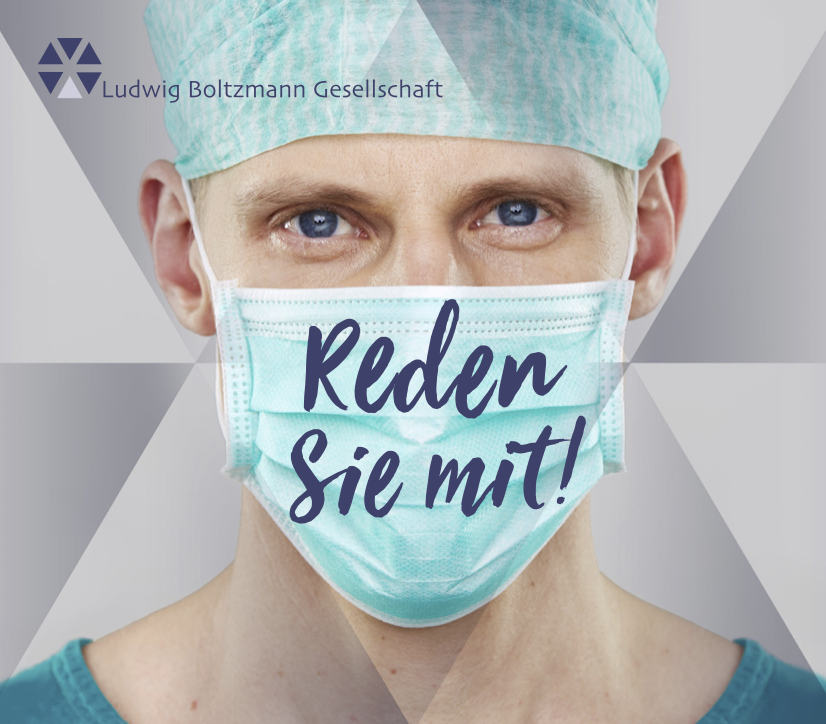
Tell us!
This project has already been completed. You can download the final report at the bottom of this page.
In “Tell us!”, we are looking for research questions on accidental injuries.
Medical advances need innovative ideas: your knowledge is valuable! Who knows best how occupational, traffic-related or sports injuries should be investigated and treated? With “Tell us!”, the Ludwig Boltzmann Gesellschaft has started to bring questions of accidental injuries into research.
Almost everyone suffers from an injury, whether from sports, at work or in a traffic accident, at some point. In “Tell us!”, we are looking for research questions on accidental injuries. Our goal is to research your questions.
We want to therefore include citizens in research because we are certain that through doing this, we can initiate innovative research.
Over a period of eight weeks, up to 8 May, research questions can be submitted on our website.
How can I take part?
Participation takes place online and needs about 10 minutes. You can submit your question(s) in either English or German. This all takes place on our website.
Do I need prior knowledge?
No, there is no need for prior knowledge. You do not need any research experience. We believe that not having any experience could be an advantage! All that you need is one, or a few, questions on accidental injuries and ten minutes.
What will happen with the results?
The results will first be collected by us and then systematically analysed. We will anonymise all of the submitted research questions using Open Knowledge Maps. This will allow researchers in the field of accidental injuries from all over the world to have access and incorporate these questions into their research.
This process will be carried out to ensure transparency and we want to include those who provided the ideas, if desired. This is very important to us!
To what is the research contributing?
Our approach to collecting research questions from patients’ practical experiences and systematically including them in research is unique in the field of medicine. “Tell us!” will contribute to having clinical knowledge flowing better into research, thereby enabling improvement in diagnosis, treatment and rehabilitation.
Take a look behind the scenes of this project in a science interview with Eva with project manager Benjamin Missbach.
This project fulfilled version 1.1 of the quality criteria for citizen science projects on Österreich forscht.
Download attachments:
- health

